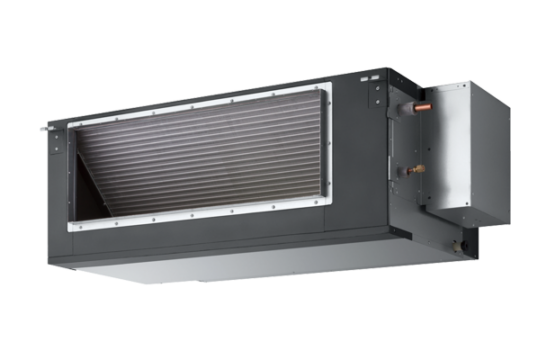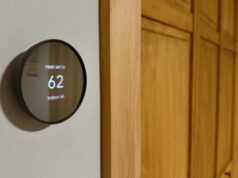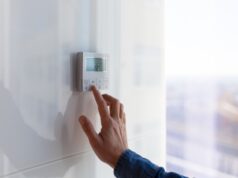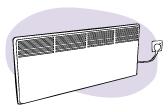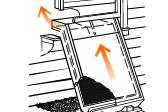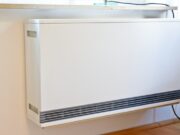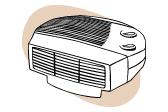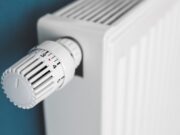Performance considerations for heating
While the type of heater is an important consideration, so is where you put it, the availability and cost of fuel, and of course...
Electric panel heaters
Wall-mounted electric panel heaters are reasonably cheap to run, and are fairly safe to use due to the convective heat they give off.
Wall panel...
Hydronic heating
Hydronic heating uses heated water pumped through a network of pipes to radiators. It also works as under-floor heating.
Hydronic heating can incorporate a variety...
Oil-filled column heater
Oil-filled column heaters provide radiant heat, and are generally favoured over other portable electric heaters for reasons of efficiency and safety.
Oil heaters are considered...
Solar air convection heaters
Solar air convection heaters are rare, but have no operating costs at all. Because solar heaters rely on sunlight, they don't always provide heat...
Off-peak storage heaters
Off-peak storage heaters have long been a familiar feature in many Australian homes. Designed to take advantage of cheaper overnight electricity tariffs, these heaters store thermal energy during off-peak periods and release it gradually throughout the day.
Electric fan heaters
Convection fan heaters provide instant heat and are very portable. They are also fairly inefficient, and are best suited for short-term use in small...
Energy efficient heating
Different heaters produce different levels and types of heat, but they also consume different types of fuels. A good heating setup can cost very...
Running costs of heaters
When choosing the right heating system for your home, upfront cost is only part of the story. Ongoing running costs—how much it costs to operate a heater day-to-day—can vary dramatically depending on the type of heater, energy efficiency, local climate and energy tariffs.
Climate and demand
How often you will need a heater and how long you need it on for make a big difference. Heaters of different types vary...

